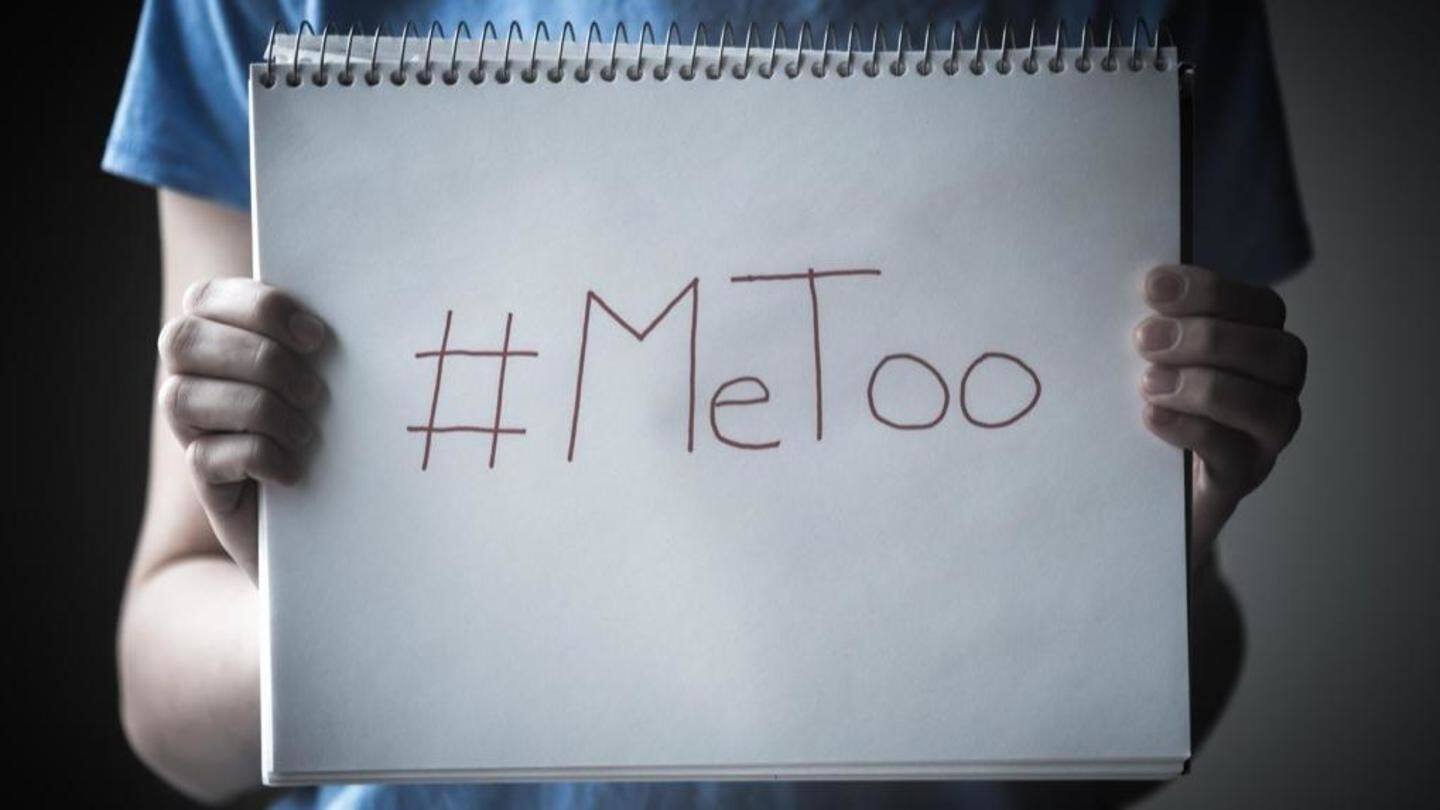
Dear men, here's how you can contribute to #MeToo movement
What's the story
Almost two weeks ago, Tanushree Dutta alleged Nana Patekar of sexual harassment and intimidation. Since then, from Farhan Akhtar to Siddharth to Priyanka Chopra, a large band of celebrities came forward in solidarity with Dutta. It now seems Bollywood finally got its much-needed #MeToo movement. Women are showing courage, grit and resilience, more than ever before. But, how can men contribute to it? We tell you, how.
Step #1
Call each other out: The most basic thing to do
Let's make this a habit to say "That's not cool" or "That's not what you should say or do" every time a male friend makes a "sexist" remark about a woman "jokingly." It's not only rape that's not unacceptable, if a man is making a woman uncomfortable even casually, say it out loud. I know that makes you uncomfortable, but think how's it making the woman feel?
Step #2
Understand her issues: Don't assume, just read up
If you want to understand women's issues, pick up books written by female (or the highly misused word, feminist) writers. Yes, they may exhaust you, but keep that discomfort aside. That's your male ego talking. You can only understand her issues through her. Read about her. Ask her. Talk to her. And then, dear sir, you'll be an expert on the issue.
Step #3
Don't shy away from the movement: It isn't about you
Some conservative voices say #MeToo is a 'War on Men' carried by feminazis who seize every moment to make men villain. Wait a second, and introspect - what will she get out of it? How could it be about you? Don't shy away from the movement. Speak up whenever you witness harassment. Speak up even if the woman in subject isn't around.
Step #4
Trust her, rather than questioning her: Again, a basic thing
Trust a woman. Trust her when she speaks out. Don't question why didn't she come out earlier or why should you believe her. Don't put the burden of proof on her. Obviously, an investigation will be followed, but if you don't give her enough space to raise her voice, you're taking away her right to do the same. Please don't be a harasshole.
Twitter Post
Do it how Siddharth did
If a women speaks out about abuse, you listen. Even if it's on her deathbed 50 years after the incident,you listen. If you ask why she didn't speak earlier or you rush to dismiss her, the problem is with you. There will be investigation; but first, listen. Period. #TanushreeDutta
— Siddharth (@Actor_Siddharth) September 28, 2018
Twitter Post
Or how Farhan did
This thread is very telling. @janiceseq85 was there at the time of the incident being debated today. Even when #TanushreeDutta had career concerns to keep quiet 10 years ago she did not her story hasn’t changed now. Her courage should be admired, not her intention questioned. https://t.co/Ola3MNdmtS
— Farhan Akhtar (@FarOutAkhtar) September 27, 2018
Step #5
Skip the "wives, daughters" rhetoric: Treat her as a human
Usually the respect for women is given in the context of her being "someone else's wife, daughter, sister, girlfriend." "Would you want this to happen to your mother?" Hell no! I wouldn't want this to happen to any human, be it someone's father or mother. Sexual violence shouldn't be gender-related.
Step #6
Seek her consent: This one is a no-brainer
Yes. Yes. Yes. Before you reach any conclusion, just because she held your hand or kept her head on your shoulder, please ask her. Or look for signs. Reframe your idea of consent. You just can't keep "going for it" until someone yells NO on your face. At every point, use all your senses for a yes, and then escalate smoothly together.
Step #7
Don't be argumentative about the oppression you haven't faced
We live in a society that has a habit of putting the onus on one who's oppressed and seeking answers from them, and then minimizing their experience as "over-sensitivity". Ask subtle questions but getting hyper about it or turning that question into an argument is what you should refrain from. Always remember you were not there when she faced the oppression.
Let's do it!
It's not easy but not impossible either
Yes, it's not easy to change a system that has been treating women like a toy or object for so long. But if these suggestions feel preachy to you, put yourself into the woman's shoes in any situation and question yourself, "Would I be wanted to be treated like this?" If no, let these suggestions help you out. In conclusion: When they speak, listen. When they can't, you speak up on their behalf.